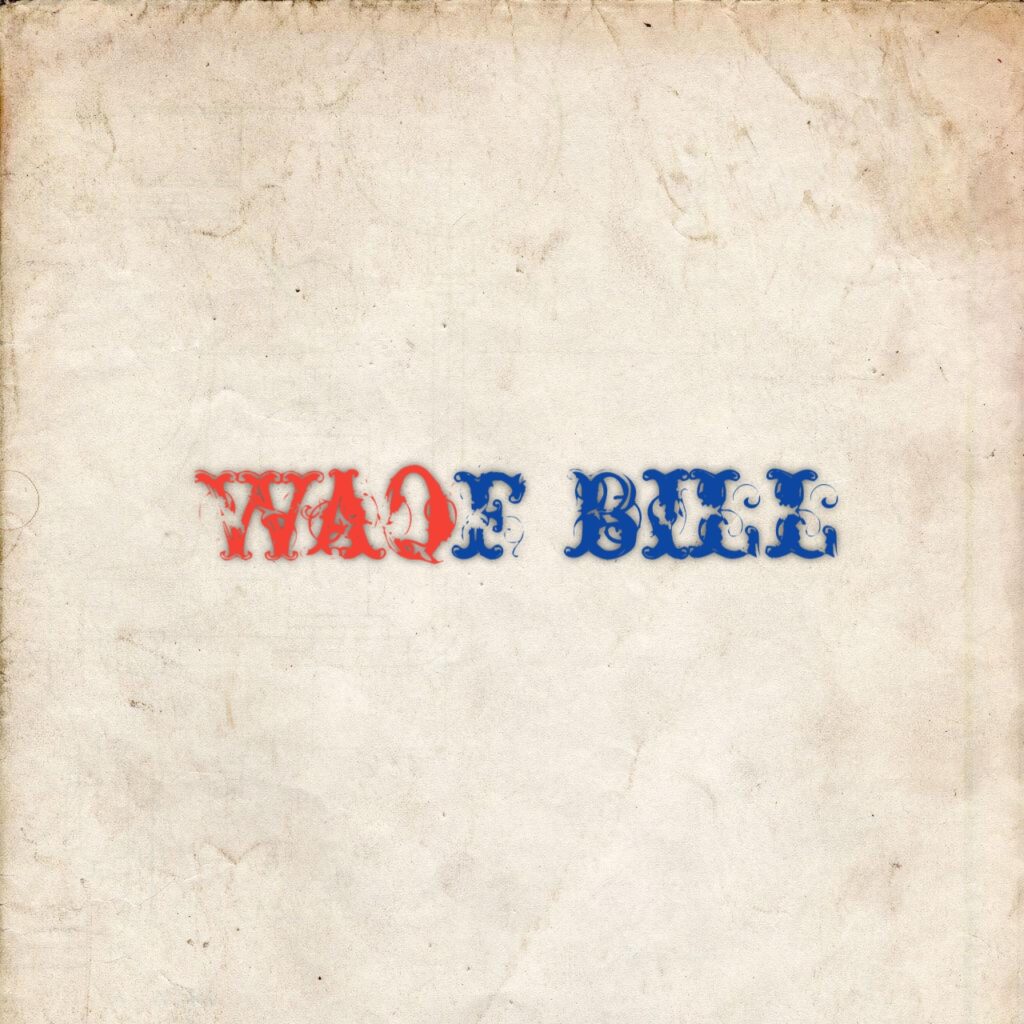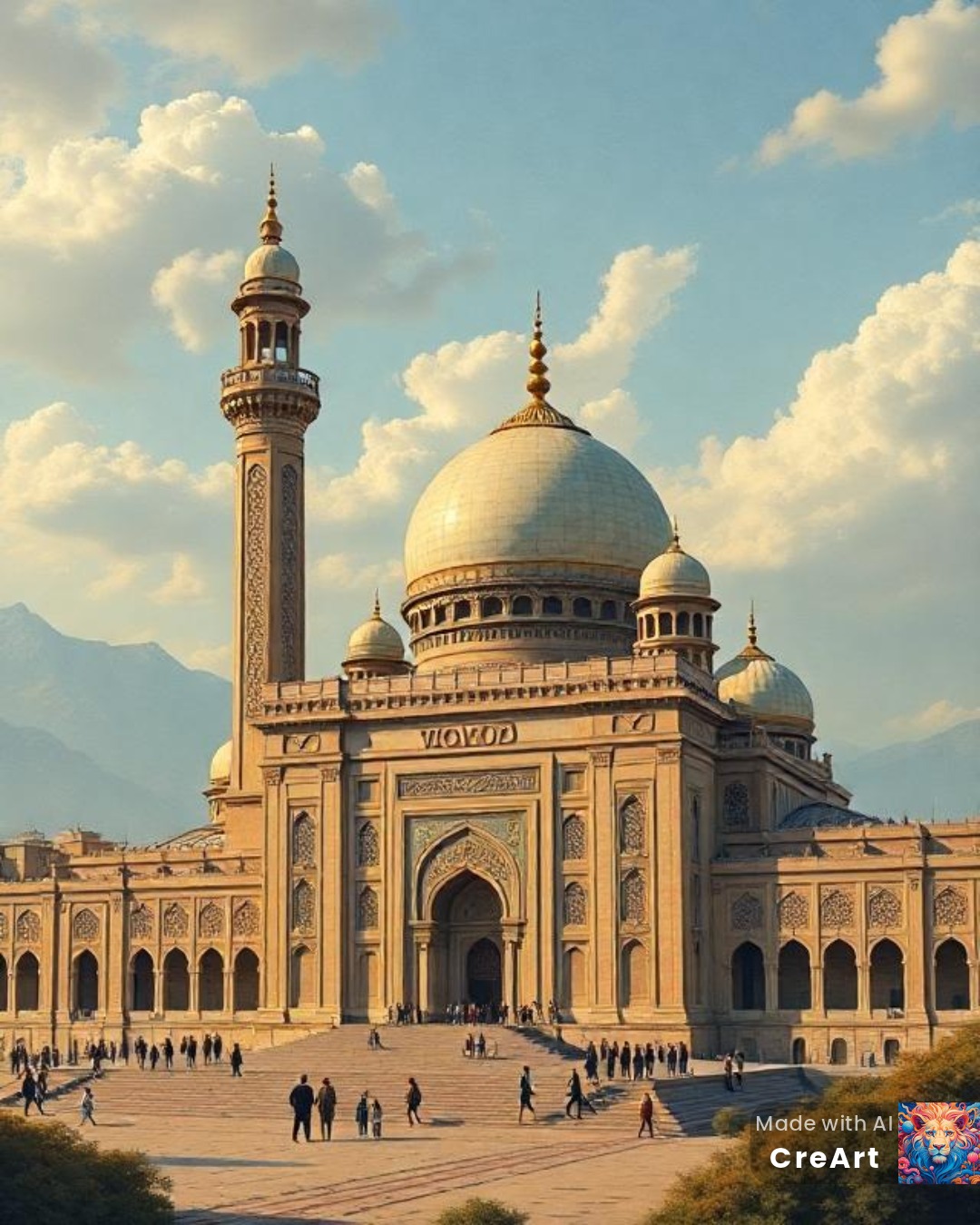आज बुधवार को करीब 12 बजे संसद में वक्फ बिल पेश होने की उम्मीद है। इस बिल को लेकर देशभर में काफी हंगामा हो रहा है। देशभर के मुसलमानों ने नमाज के दौरान काली पट्टी बांधकर विरोध जताया है और सरकार को वक्फ संशोधन बिल संसद में पेश करने से रोकने के लिए कई तरह से बिल का विरोध किया है।

सभी विपक्षी दल इस बिल का खुलकर विरोध कर रहे हैं, चाहे समाजवादी पार्टी के नेता अखिलेश यादव हों या आरजेडी के वरिष्ठ नेता। कांग्रेस पार्टी, चंद्रशेखर की पार्टी और लगभग सभी प्रमुख विपक्षी दल इस बिल के खिलाफ हैं। उनके विरोध का मुख्य कारण मुसलमानों का सबसे बड़ा हितैषी दिखना है। चूंकि कोई भी पार्टी इस होड़ में पीछे नहीं रहना चाहती, इसलिए उन्होंने संसद के अंदर और बाहर दोनों जगह विरोध करने की पूरी तैयारी कर ली है, ताकि मुसलमानों को यह दिखाया जा सके कि वे उनके सच्चे साथी हैं, ताकि उनके वोट हासिल किए जा सकें। आखिरकार, यह सब चुनावी लाभ के लिए है।
वक्फ बोर्ड के पास करीब 9 लाख एकड़ जमीन है, जो इसे सभी बोर्डों में देश का तीसरा सबसे बड़ा भूस्वामी बनाता है। मुसलमानों का दावा है कि उनके पूर्वजों ने यह जमीन दान की थी। हालांकि, एक विचारोत्तेजक सवाल उठता है – अगर उनके पूर्वजों ने इतनी बड़ी मात्रा में जमीन दान की थी, तो उनके वंशज आज भी गरीब क्यों हैं? उनमें से कई आज भी झुग्गी-झोपड़ियों में क्यों रहते हैं? ज़्यादातर मुसलमान पंचर रिपेयर जैसे छोटे-मोटे कामों में क्यों लगे रहते हैं? यह महज एक मज़ाक नहीं है, बल्कि आम मुसलमानों को अंधेरे में रखने के लिए इस्तेमाल किया जाने वाला एक धोखा है, जबकि कुछ विशेषाधिकार प्राप्त व्यक्ति इसका पूरा फ़ायदा उठाते हैं। ये प्रभावशाली हस्तियाँ लोगों को विरोध में सड़कों पर उतरने के लिए उकसाती हैं।
नये संशोधन में प्रमुख परिवर्तन:
1. पहले वक्फ बोर्ड में विवादों को सुलझाने की अनुमति केवल मुसलमानों को थी, लेकिन अब दो गैर-मुस्लिम और दो महिलाओं को भी शामिल किया जाएगा।
2. पहले अगर कोई ज़मीन विवाद होता था तो प्रभावित व्यक्ति सिर्फ़ वक़्फ़ बोर्ड ट्रिब्यूनल में ही अपील कर सकता था। यह व्यवस्था अनुचित थी क्योंकि इससे सारी शक्तियाँ वक़्फ़ बोर्ड को ही मिल जाती थीं। लेकिन नए संशोधन के तहत अब लोगों को वक़्फ़ ट्रिब्यूनल के अलावा हाई कोर्ट में भी अपील करने का अधिकार होगा।
3. पहले, वक्फ संपत्तियों से होने वाले मुनाफे का कोई उचित लेखा-जोखा नहीं था – कितना कमाया गया और पैसा कहां खर्च किया गया, इसका खुलासा नहीं किया जाता था। अब, सभी वित्तीय रिकॉर्ड डिजिटल रूप से बनाए और संग्रहीत किए जाने चाहिए, और व्यय सरकारी नियमों के अनुरूप होने चाहिए।
वक्फ का अर्थ:
वक्फ का अर्थ है ‘अल्लाह की ज़मीन।’ अगर ज़मीन अल्लाह की है, तो इसका इस्तेमाल गरीबों और ज़रूरतमंदों के कल्याण के लिए किया जाना चाहिए। हालाँकि, ऐसा शायद ही कभी होता है, और वक्फ संपत्तियों के दुरुपयोग के बारे में कई शिकायतें सामने आई हैं।
इन सबके बावजूद, नए बिल में ऐसा कुछ भी नहीं है जो चल रहे हंगामे को सही ठहराए। हिंदू मंदिरों के लिए अदालती मुकदमे लड़ने वाले वकील शंकर जैन भी बिल से असंतुष्ट हैं। उन्होंने कहा कि जबकि सरकार ने स्पष्ट किया है कि अवैध कब्जे वाली कोई भी सरकारी संपत्ति सरकारी ही रहेगी, इसमें मंदिरों के बारे में भी प्रावधान होना चाहिए था – खासकर उन जगहों के बारे में जहां मंदिरों को तोड़कर मस्जिदें बनाई गई हैं, जैसे कि काशी और मथुरा में।
मेरी राय में, अगर देश को सही मायने में धर्मनिरपेक्ष रहना है तो कोई अलग बोर्ड होना ही नहीं चाहिए। किसी भी अन्य धार्मिक समुदाय, चाहे वह हिंदू हो या सिख, के पास ऐसा कोई विशेष बोर्ड नहीं है। एक और निर्विवाद सत्य यह है कि जब मंदिर के विध्वंस के सबूत थे, तो सालों तक कानूनी लड़ाई लड़ी गई। कानूनी जीत के बाद राम मंदिर को हकीकत बनने में 500 साल लग गए। अभी भी मथुरा और काशी के मामले कानूनी तौर पर लड़े जा रहे हैं। हालांकि, दूसरी तरफ, किसी जमीन के टुकड़े पर उंगली उठाने भर से ही उसे वक्फ की संपत्ति मान लिया जाता है।
यह विडंबना ही है कि एक ही देश में दो अलग-अलग नियम लागू होते हैं। बहुसंख्यक समुदाय कानूनी तरीकों से न्याय चाहता है, जबकि खुद को अल्पसंख्यक मानने वाले लोग अक्सर जबरदस्ती का सहारा लेते हैं।

The Waqf Bill is expected to be presented in Parliament today at around 12 PM. There is a lot of uproar across the country regarding this bill. Muslims across the nation have protested by wearing black bands during prayers and have opposed the bill in various ways to prevent the government from presenting the Waqf Amendment Bill in Parliament.
All opposition parties are openly opposing the bill, whether it is Akhilesh Yadav, the leader of the Samajwadi Party, or senior leaders of the RJD. The Congress Party, Chandrashekhar’s party, and almost all major opposition parties are against this bill. The main reason behind their opposition is to appear as the greatest well-wishers of Muslims. Since no party wants to lag behind in this competition, they have fully geared up to protest both inside and outside Parliament, trying to show Muslims that they are their true allies, in hopes of securing their votes. Ultimately, it is all about electoral gains.
The Waqf Board owns approximately 9 lakh (900,000) acres of land, making it the third-largest landowner in the country among all boards. Muslims claim that their ancestors donated this land. However, a thought-provoking question arises—if their ancestors donated such a vast amount of land, why are their descendants still poor today? Why do many of them still live in slums? Why do most Muslims remain engaged in small trades like puncture repairs? This is not a mere joke but a deception used to keep ordinary Muslims in the dark while a few privileged individuals reap all the benefits. These influential figures incite people to take to the streets in protest.
Key Changes in the New Amendment:
1. Previously, only Muslims were allowed to resolve disputes in the Waqf Board, but now two non-Muslims and two women will also be included.
2. Earlier, if there was a land dispute, the affected person could only appeal to the Waqf Board tribunal. This system was unfair because it gave all the power to the Waqf Board itself. However, under the new amendment, individuals will have the right to appeal in the High Court in addition to the Waqf Tribunal.
3. Previously, there was no proper accounting of the profits generated by Waqf properties—how much was earned and where the money was spent was not disclosed. Now, all financial records must be maintained and stored digitally, and expenditures must align with government regulations.
Meaning of Waqf:
Waqf means ‘Allah’s land.’ If the land belongs to Allah, it should be used for the welfare of the poor and needy. However, that is rarely the case, and numerous complaints have surfaced regarding the misuse of Waqf properties.
Despite all this, there is nothing in the new bill that justifies the ongoing uproar. Even lawyer Shankar Jain, who fights court cases for Hindu temples, is dissatisfied with the bill. He stated that while the government has clarified that any government property under illegal occupation will remain government-owned, it should have also included a provision regarding temples—specifically those where mosques have been built by demolishing temples, such as in Kashi and Mathura.
In my opinion, no separate board should exist at all if the country is to remain truly secular. No other religious community, be it Hindus or Sikhs, has such an exclusive board. Another undeniable truth is that when there was evidence of temple destruction, legal battles were fought for years. The Ram Mandir took 500 years to become a reality after a legal victory. Even now, cases regarding Mathura and Kashi are being fought legally. However, on the other side, just pointing a finger at a land parcel is enough to claim it as Waqf property automatically.
It is ironic that in the same country, two different sets of rules seem to apply. The majority community seeks justice through legal means, while those who consider themselves minorities often resort to coercion.

waqf board bill 2025
